LOS ALAMITOS, CA — Every spring semester, Los Alamitos High School students receive a brightly colored paper to fill out their class schedule for the next school year. When Griffins check the Course Descriptions section of their Curriculum Handbook, they will find the prerequisites listed for certain advanced classes.
This can range from a grade in a previous class to a teacher recommendation to prior experience in the subject. As students navigate these requirements, it’s important for them to understand the rigor of advanced classes and take into account the advice of their teachers and counselors.
Mrs. Davenport is a counselor at Los Al, and she emphasized that her primary role is an advisor to students. The ultimate decisions are up to the student and parents, but Griffins meet one-on-one with their counselors every spring so counselors can help them make the best choices for themselves.
The class prerequisites in the Los Al Curriculum Handbook are updated every year based on trends from that school year and any adjustments to course curriculum. These requirements help ensure that Griffins have the experience necessary to succeed in their classes.
The average Los Al student balances their school work with an extracurricular like a sport, a social life, and, for juniors and seniors, college preparation. Taking multiple Honors or AP classes on top of this can be too much for students, especially if they are not prepared for the class.
“As I typically say to students,” Mrs. Davenport said, “if you only had one class to do, and it was an AP class, I’m sure you’d be able to do it. But can you do five? Or can you do three with a sport or whatever else you’re doing? It’s about the bigger picture puzzle.”
Even though many may think that parental pressure inspires students to take these harder classes, Mrs. Davenport shared that that is not actually the case. She said that many students feel a pressure to move into Honors and AP classes because their friends are all taking those classes.
“Yes, parents can push and want their students to succeed, but I never encounter parents who are trying to do that in an unhealthy manner. They’re trying to set their students up for success,” she said.
Certain classes, like most math and science classes, have rigid prerequisites. For example, a student who hasn’t yet taken Geometry simply can’t be signed up for Algebra 2 or any further math class because they need that year of coursework. However, there are situations where a student can waiver into a class that they wouldn’t be able to take otherwise because of qualifications.
“I try my best to encourage students and support them along their journey, so I don’t love to say ‘no,’” Mrs. Davenport said.
Los Al makes this waiver available for students and parents to sign to recognize that the student is not recommended for that class but wants to take it anyway. If a sophomore didn’t secure the required grade or teacher signature from English 2 but wanted to take AP Language as a junior, they would need to sign the waiver.
“We try our best to go off of transcripts, student conversations, [and] recommendations by the teacher,” Mrs. Davenport said. “We don’t want it to be like, ‘Oh, it doesn’t matter. I’ll just sign the waiver.’ It’s really about more than that. We take it seriously.”
Ms. Flores teaches Spanish 2 Honors, Spanish for Spanish Speakers 1 and AP Language and Culture. In her zero period Spanish 2H, she teaches 10 Los Al sophomores and 26 eighth graders from Oak Middle School; McAuliffe students have Mr. Martinez.
The prerequisite for Spanish 2H is a B+ or higher in Spanish 1 and a teacher recommendation. She shared that for some eighth graders, it is a big jump from a middle school class to an Honors high school class because of the challenges that come with reading and writing in a new language at an advanced level.
“Usually the students [who] are taking 2H as an eighth grader are very well motivated,” Ms. Flores said. “I think that sometimes what I have to work on is getting them up to par.”
Ms. Flores added that Los Al Spanish 1 teachers try to be in constant contact with teachers at the middle school in order to make sure that expectations for their classes are the same as they are at the high school.
“I don’t want to say that they are unprepared. They’re not – they’re really intelligent. But I think they’re feeling the difference, right?” Ms. Flores said. “The Spanish 1 teachers work closely with the middle school teachers so that the students can have an easy transition, but it does feel a little different for them.”
For classes like journalism and AP Music Theory which don’t currently have concrete requirements for students who want to take the class, it may be more difficult to judge if they are ready.
“Some previous musical experience; ability to read musical notation knowledge of major; and minor key signatures helpful,” the Curriculum Handbook says for the AP Music Theory prerequisite. Students also need a teacher’s permission to take the class.
Mr. Crockett also described success stories of students who entered AP Music Theory with limited musical knowledge, but they worked hard to catch up and are now thriving.
Mrs. Davenport added that when freshmen sign up for AP Music Theory, she talks through with them the skills they will need to succeed, asking them if they can easily read music, have a genuine interest in the course material, and keep up with the homework in their other classes.
“I’m not here to crush anybody’s dreams; I want to support you in that challenge,” Mrs. Davenport said. “But how are you going to reach that challenge? What do we need to implement to be helpful? That has to be a conversation.”

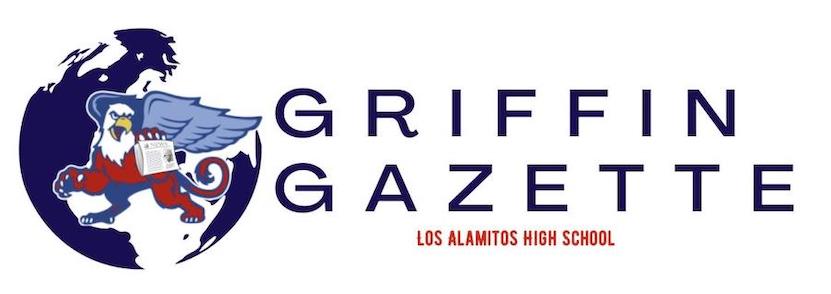
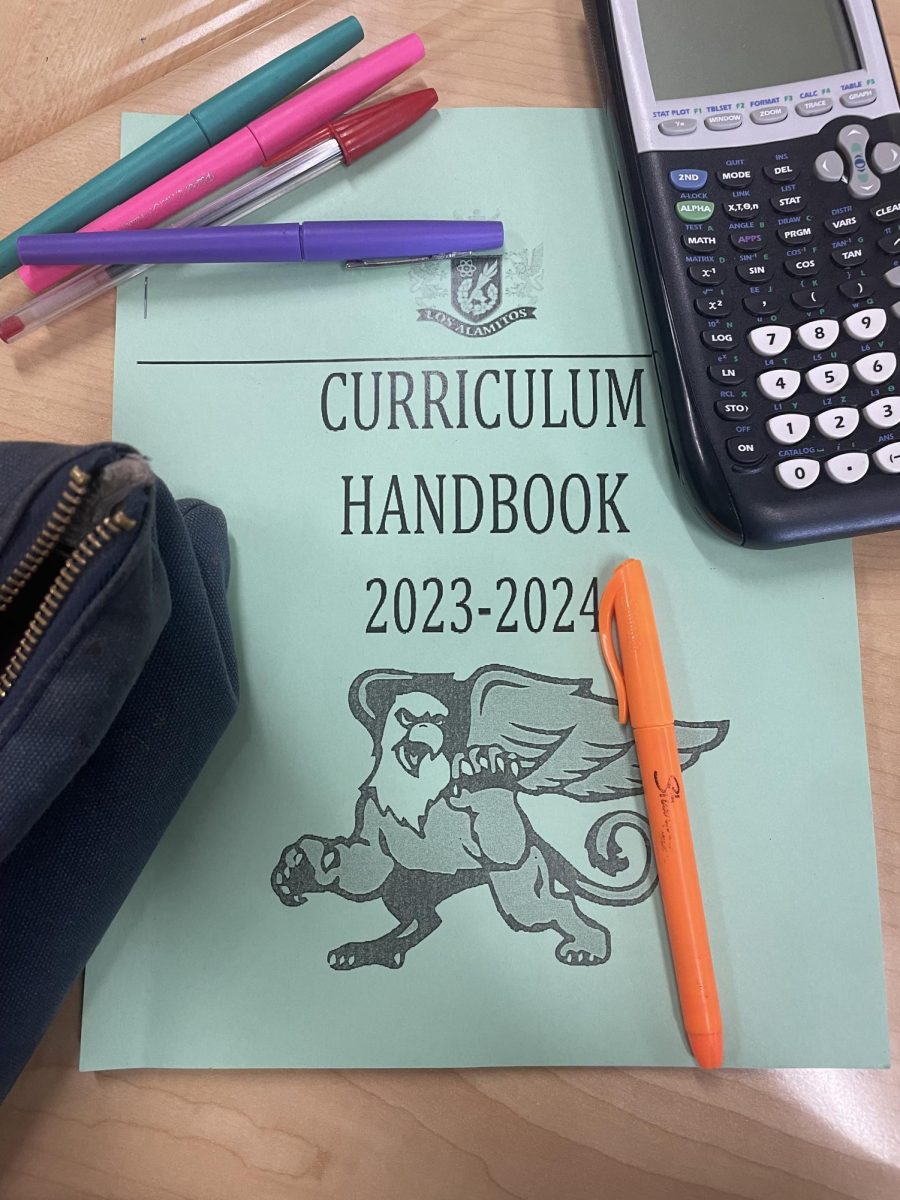

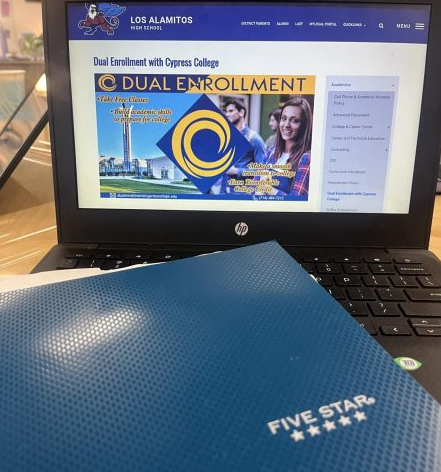
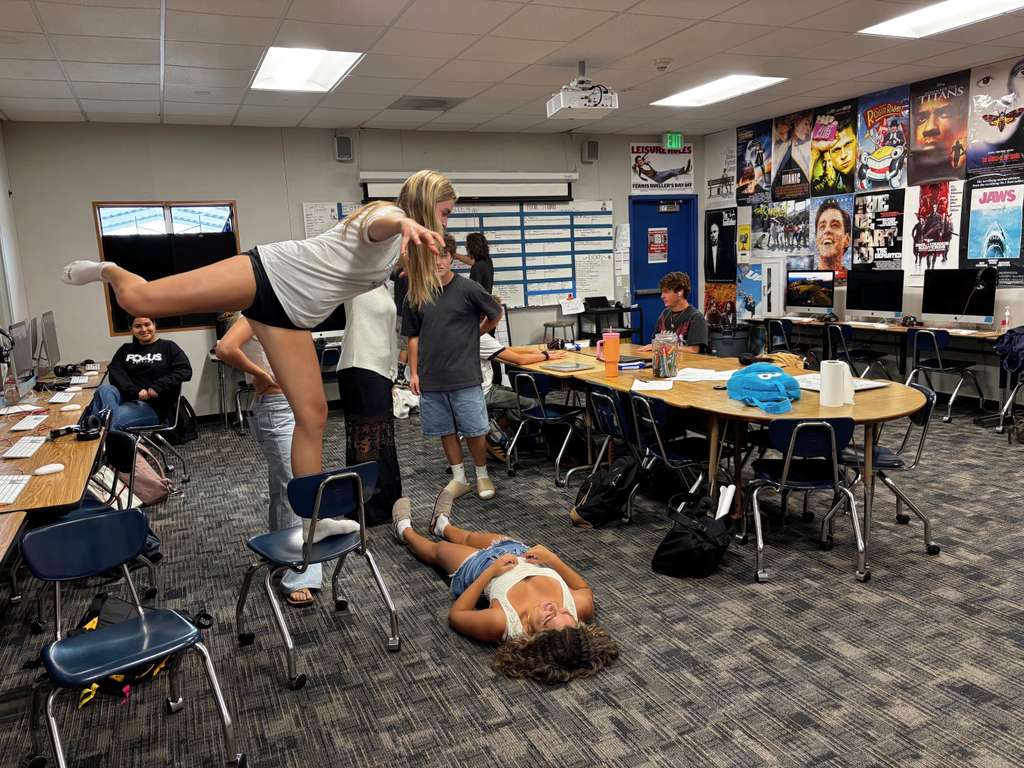
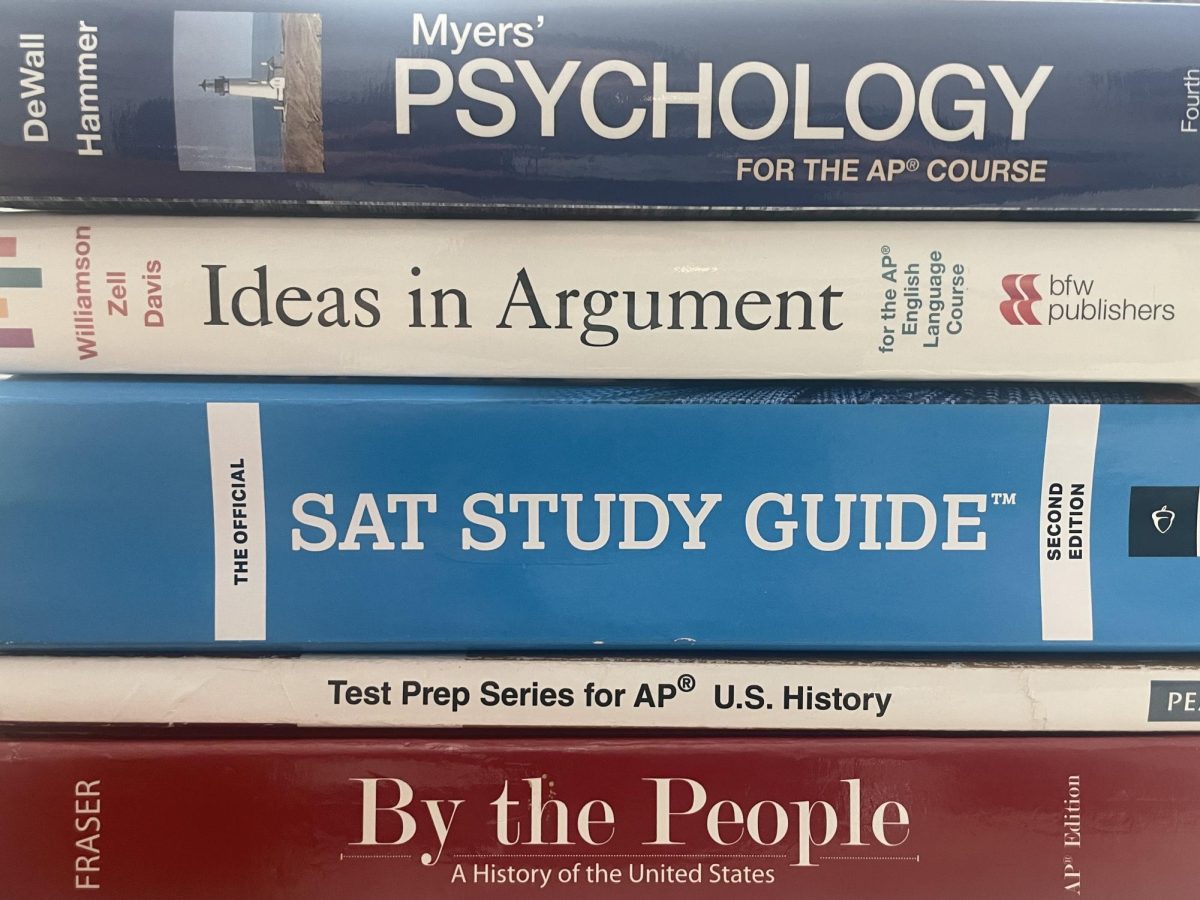






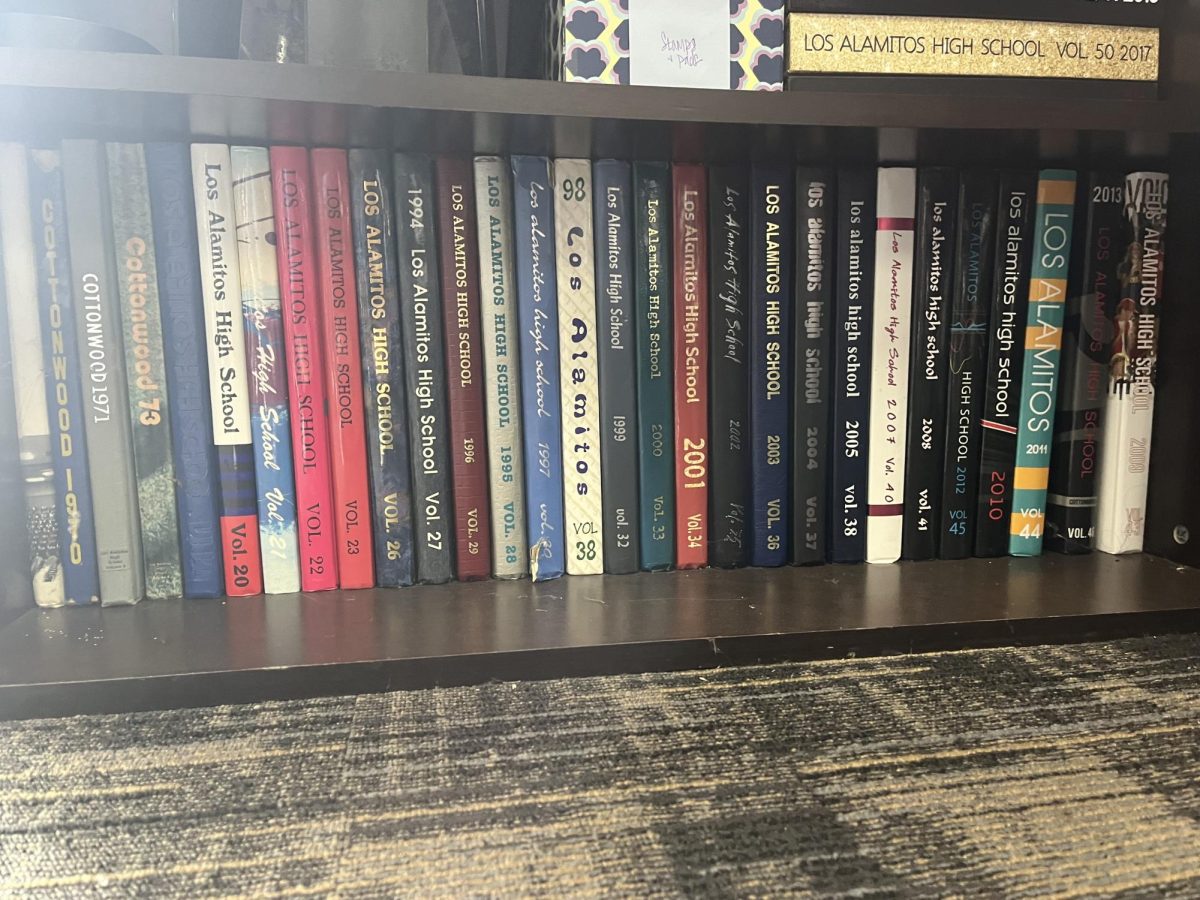

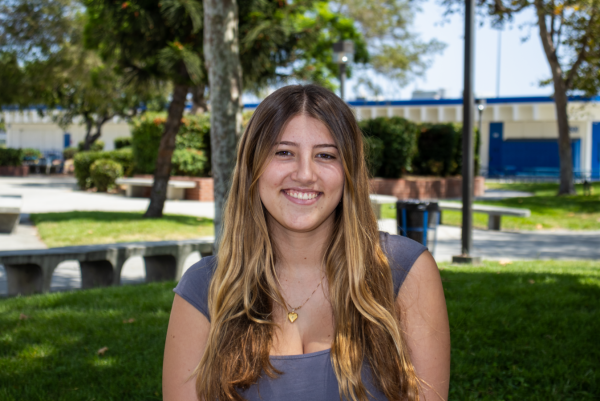
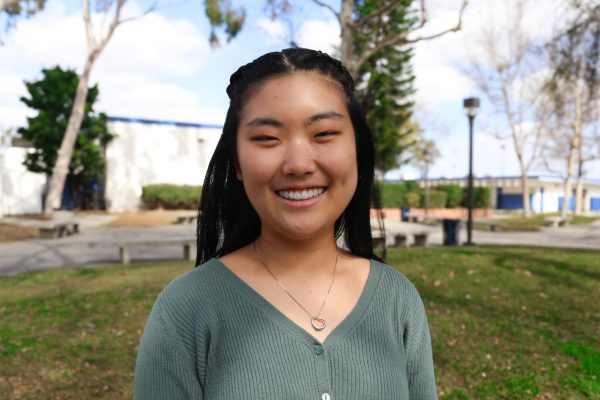
Katie A. • Oct 25, 2023 at 11:33 am
Love this article! Great job Bella and Sydney!!
Lori Franzen • Oct 24, 2023 at 9:28 pm
Excellent writing here!
Owen Silverman • Oct 24, 2023 at 7:11 pm
Really good article, the various sources of information made the article stronger and more engaging. Wish I could’ve read this last year.